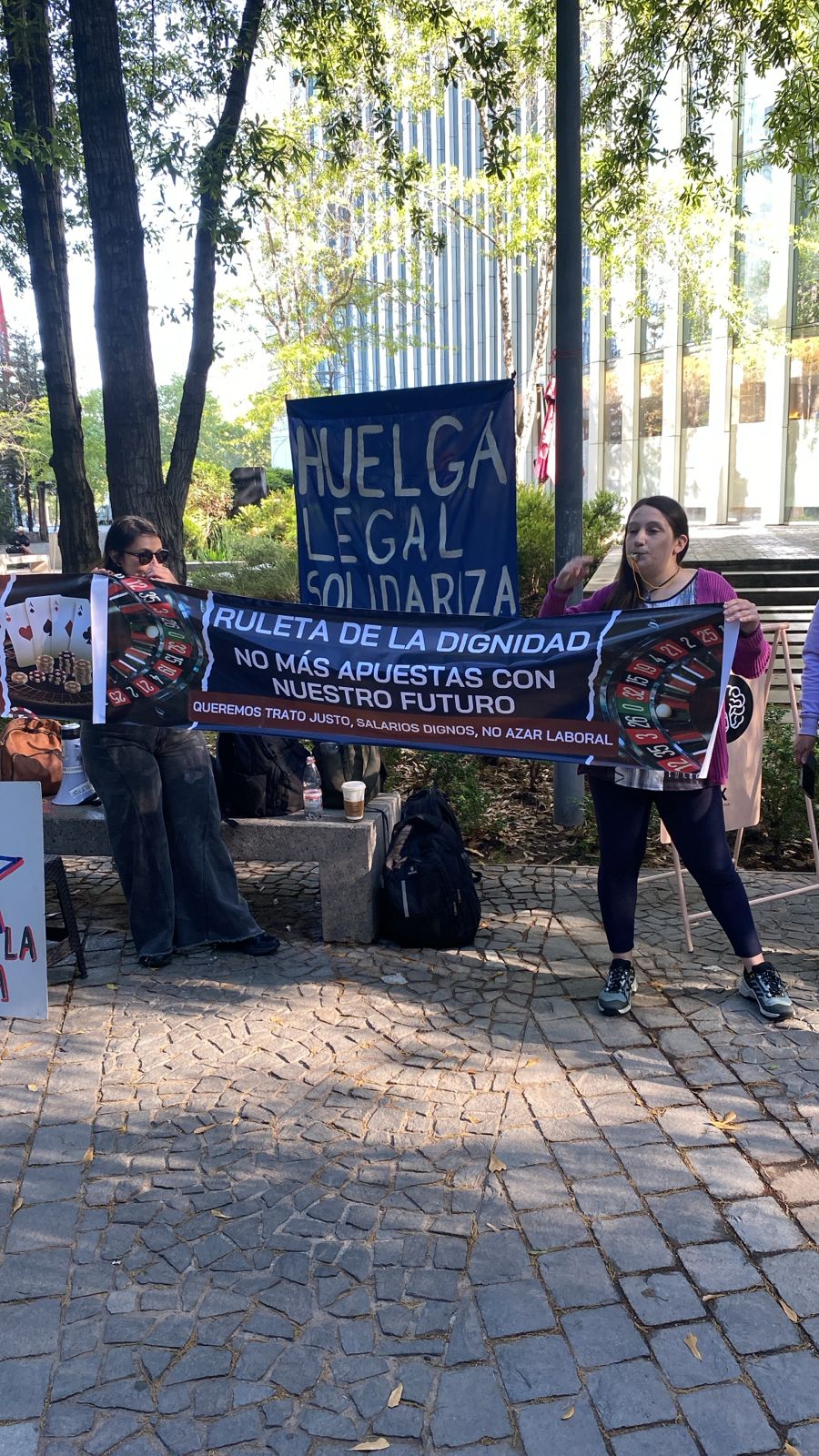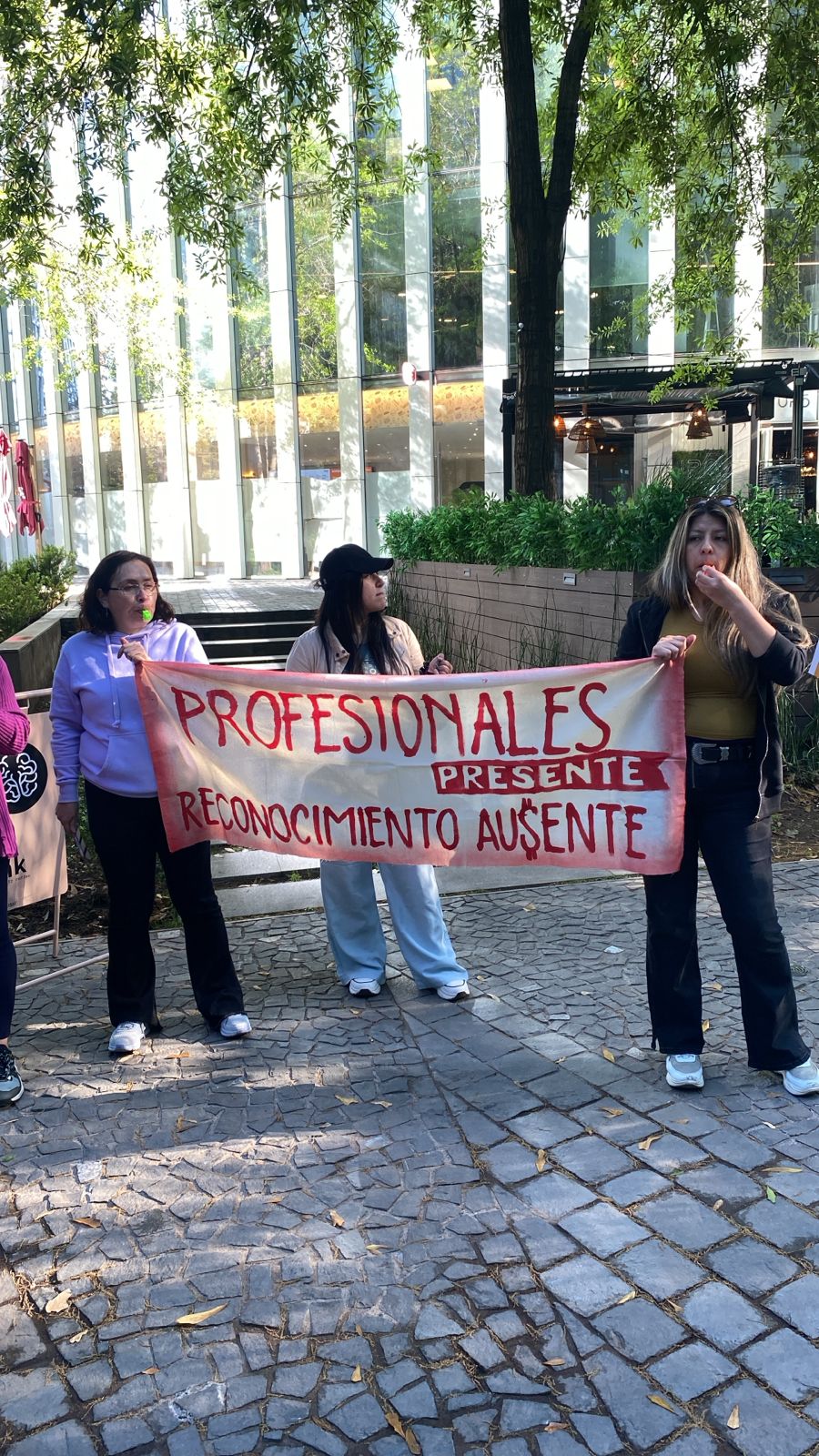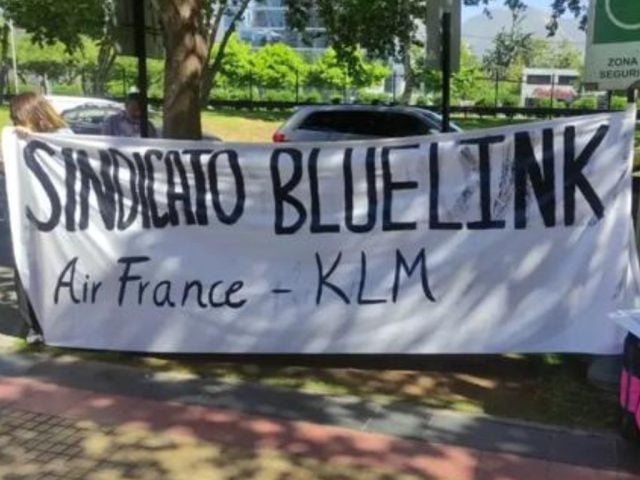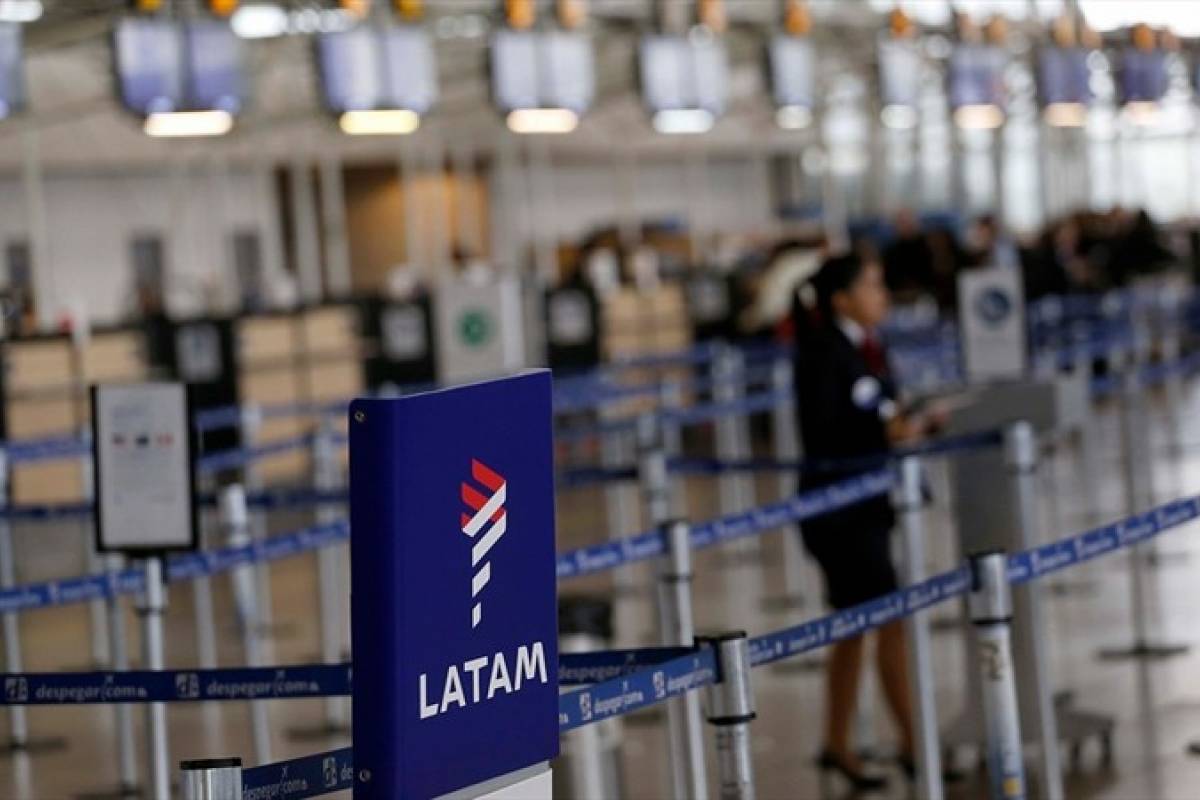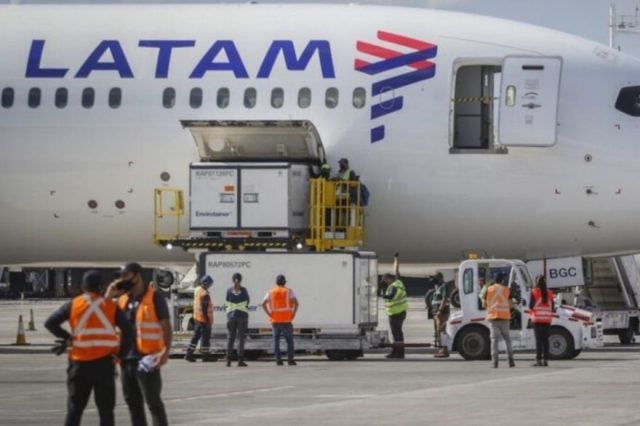Today, Friday, October 3, the Casinos de Chile Company Workers’ Union launched a strike after receiving no responses or proposals that would benefit employees, amid no indication the company is willing to negotiate.
In a statement, the union said it has exhausted every avenue of engagement with the company, which it says refuses to make any monetary outlay. As a union, they expressed hope of creating space for dialogue and joint work to reach a fair agreement, stressing the company has the resources to do so. They added they remain open to a genuine proposal from the company.
In an exclusive conversation with El Ciudadano, union president Rodrigo Pinto, noted that the company previously formed part of the broader Enjoy group, but after a court-led reorganization, former creditors became the company’s current owners.
Pinto said these new owners had never operated casinos, so their focus has been more financial than operational, seeking to recover what was invested during the restructuring. In this process, corporate workers were able to maintain job continuity, moving from Enjoy to Casinos de Chile and keeping their positions under the same conditions.
Pinto explained that when the contract was signed, employees were assured their terms would remain the same, so everyone signed. However, just days later the first conflict arose regarding remote work—an arrangement many had followed since the pandemic and that had led several people to reorganize where they live.
The union president said that, in one meeting, he asked what would happen to people who had moved to other cities, to which the manager replied they had to adapt to the new conditions:
“So I pressed the question: What’s the solution for people who genuinely have a different situation? He told me, well, they need to adapt—and if they don’t want to, there are plenty of people waiting in line to work under these terms. That response created total uncertainty among everyone working at corporate. The meeting ended, and that’s how the union was born, because we felt they steamrolled us and, in a way, lied about everything they had promised,” he said.
After completing all the required processes, they submitted their collective bargaining proposal on August 12. Nine days later, on the 21st of that month, the company responded by rejecting all the requests and, in addition, presented a draft collective contract that, according to Pinto, did not include several benefits workers already had. The employees subsequently voted to strike and issued the corresponding notice to the company.
“Time and again we asked to meet with the company, and the company ignored us. The only day we met was the 11th at company premises to talk. And the first thing they told us was, ‘as a company we will not concede anything that implies a cost to the company.’ So we said, then you won’t concede anything, because in one way or another everything has a cost. And that was the only meeting. We have always intended to negotiate, to reach an agreement, and we even requested mediation precisely to have an additional avenue,” Pinto said.
Among the union’s demands are a salary adjustment, which has not been made for several years. The union believes current wages do not reflect the cost of living or the workload employees face, and they are seeking an increase that fairly rewards their work.
Regarding bonuses, they are asking for significant improvements. For the transportation allowance, although the current amount was not specified, they want it to properly cover workers’ commuting costs. Meanwhile, the meal allowance, currently $4,000 per day, is insufficient to cover a full meal, so they demand an adjustment aligned with the real cost of living.
Pinto said the electricity stipend for those working remotely is currently $3,000 per month, while electricity costs have risen by more than 70% over the past two years. The union asked for an increase in line with those hikes. They also want the internet allowance improved and the company’s contribution to supplemental insurance increased to ensure better health coverage.
They also allege irregularities in overtime pay. Workers must record their hours and additionally request a signature from their managers to receive payment. They argue that if the system already includes a signed record, payments should occur automatically, without additional procedures that are unnecessary and cause delays.
Pinto said this is an administrative union that includes much of the technology, accounting, finance, and logistics teams, among others, and provides support to all the Enjoy group’s casinos.
“Right now, the main thing is that people have a lot of distrust. A couple of months ago, a resolution came out that the company had returned or renounced the licenses for the Pucón, Coquimbo, and Viña casinos. So what happens now is that everyone who isn’t in operations is asking what will happen if you can no longer apply to Pucón, Coquimbo, or Viña,” the union president warned.
Pinto said workers are concerned about the company’s future, since the current owners do not know the business and are liquidating assets to avoid losing money—even though they are not doing so within the framework of the judicial reorganization that forced them to take control of the company.
“They’re probably thinking: Do we make the little that remains viable, or do we find a way not to put our hands in our pockets so the company can keep running? With all these options, if at some point they sell the Antofagasta stake or the Rinconada ban is lifted, they’ll be able to raise cash and could leave without a trace, dismantling what the casinos were—and there won’t be any competition, because in the end the Dreams chain, which is associated with Monticello, will take over, and we’ll end up with a monopoly,” Pinto warned.
Along the same lines, the union president said a series of bad decisions have been made, including the collusion case, the withdrawal from certain tenders and the way they were negotiated, since the agreed amounts proved unpayable.
“What’s more, the person who bid for those three casinos, Gerardo Cood, is now the director of Casinos de Chile. At one point he made poor decisions, and now they bring him in as the savior of this company. It makes no sense. You ask yourself, what world are we living in? If the person who made bad calls is now here to save the company, we’re in trouble. That creates far too much uncertainty,” he added.
Finally, the union says it will remain open to dialogue but warns it will fight for its rights and benefits until the company presents a concrete proposal that reflects a real commitment to workers.
